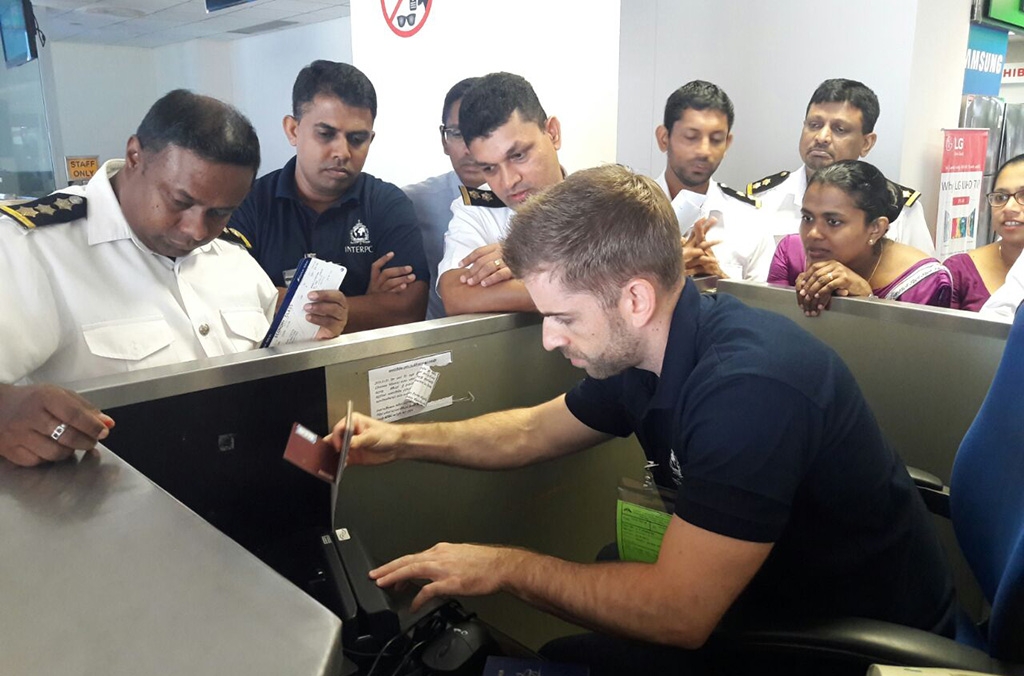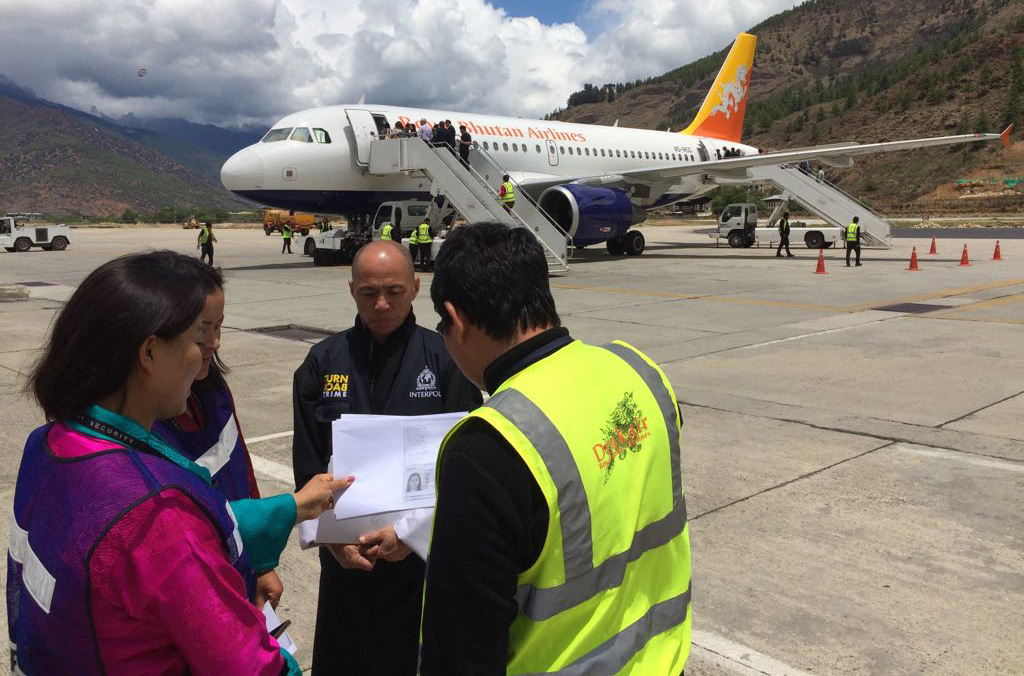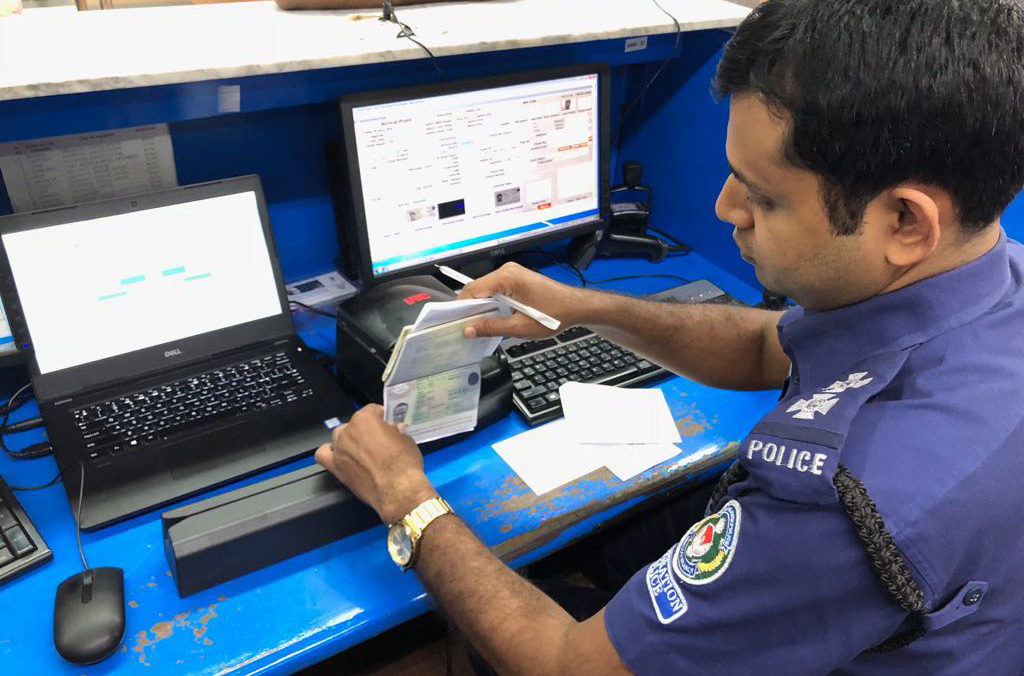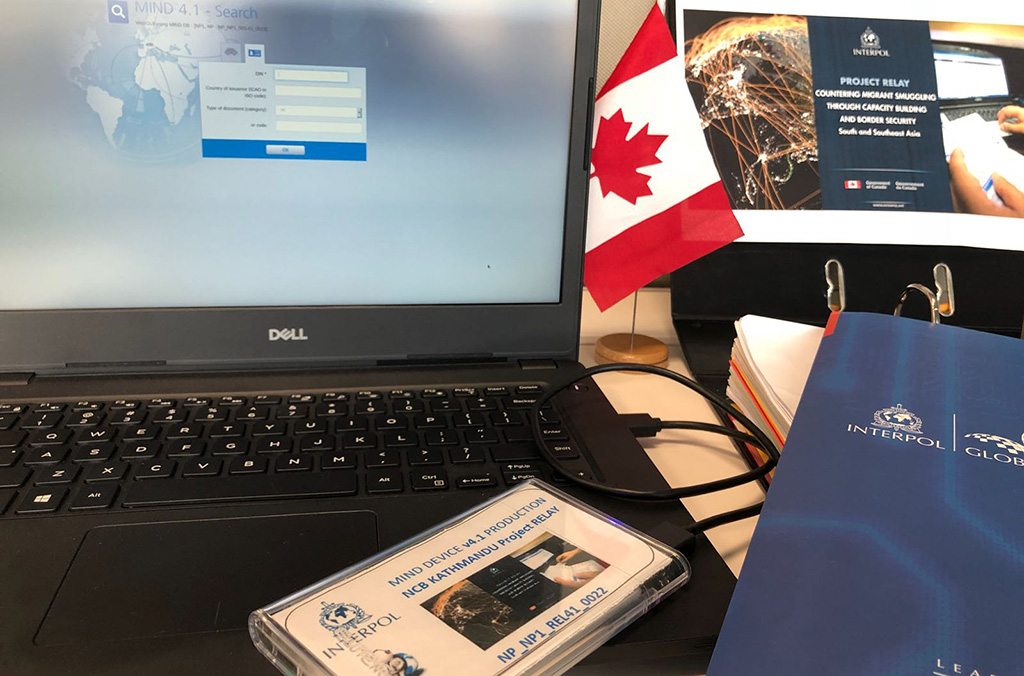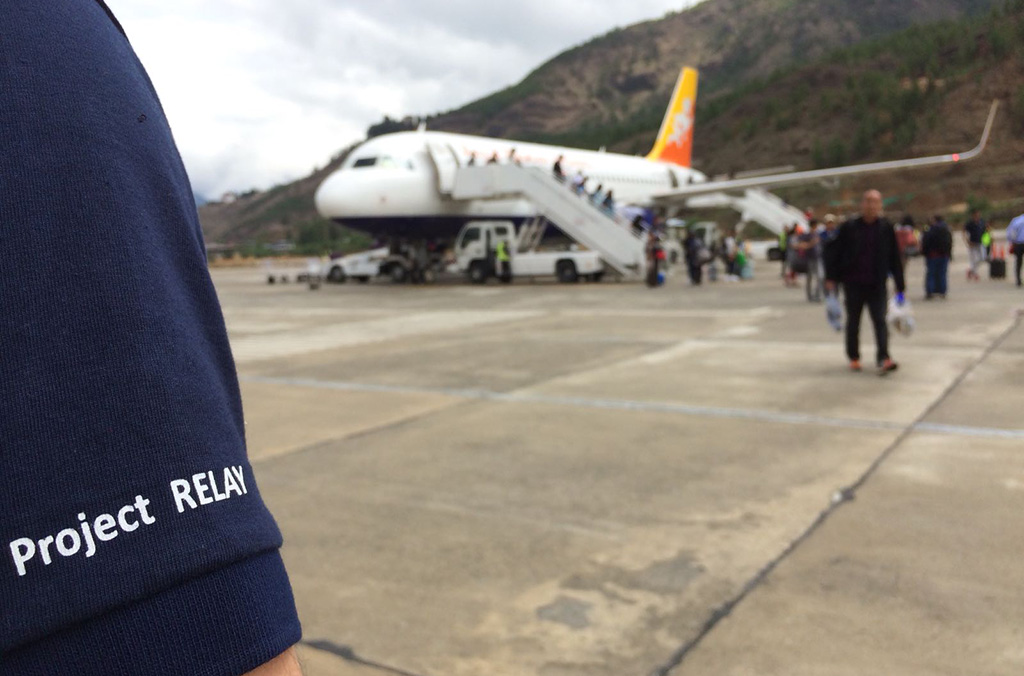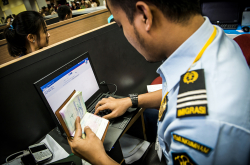SINGAPORE – Suspected people smugglers were identified during an INTERPOL-led border security operation in South Asia.
Operation Mandala took place at five international airports and one land border point in Bangladesh, Bhutan, Myanmar, Nepal and Sri Lanka. Nearly 500,000 individuals were screened against INTERPOL’s nominal and Stolen Lost Travel Document (SLTD) databases during the operation.
This resulted in multiple positive ‘hits’, including individuals subject to INTERPOL Red and Blue Notices and several travel documents registered in the SLTD database.
Among the hits were two individuals suspected of involvement in human trafficking and people smuggling activities in the region, and a Sri Lankan national who was the subject of a Red Notice from the UAE for misappropriation of funds.
“The operation has helped enhance the efficiency of immigration officers in Bangladesh in screening travel documents and following up on potential hits,” said Mahbubur Rahman, Deputy Inspector General for Operations and Head of the National Central Bureau in Dhaka.
“We appreciate the support of INTERPOL in securing our country’s borders and will be extending this application to additional border points in the future,” he added.
Operation Mandala was held as part of INTERPOL’s Project Relay, a Canadian-funded initiative to enhance counter-smuggling capabilities in South Asia through training, improving systems and providing technical equipment.
Training sessions conducted by the project involving officers from each participating country ensured the countries had full knowledge of INTERPOL’s policing capabilities and technical systems, migrant smuggling investigative skills and standard operating procedures for border management. An upcoming debriefing will aim to enhance investigative techniques through the sharing of lessons learned during the operation.
As part of the project, Bangladesh, Bhutan and Sri Lanka formally signed agreements extending access to INTERPOL’s I-24/7, enabling immigration officers to access INTERPOL’s databases at border points in real-time for increased security.
Countries involved
Related news

Breakthrough in longstanding Dutch missing person case
11 October 2024
INTERPOL welcomes new DNA legislation in Belgium
11 April 2024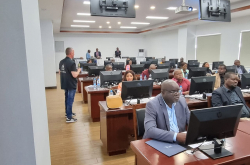
Border security threats focus of STOP operations in Africa
8 December 2023




